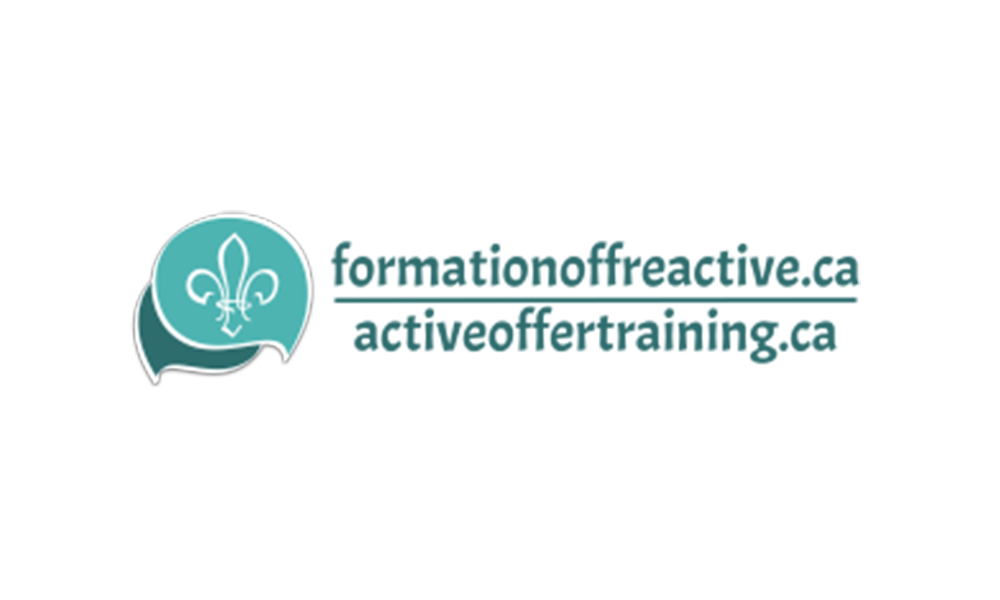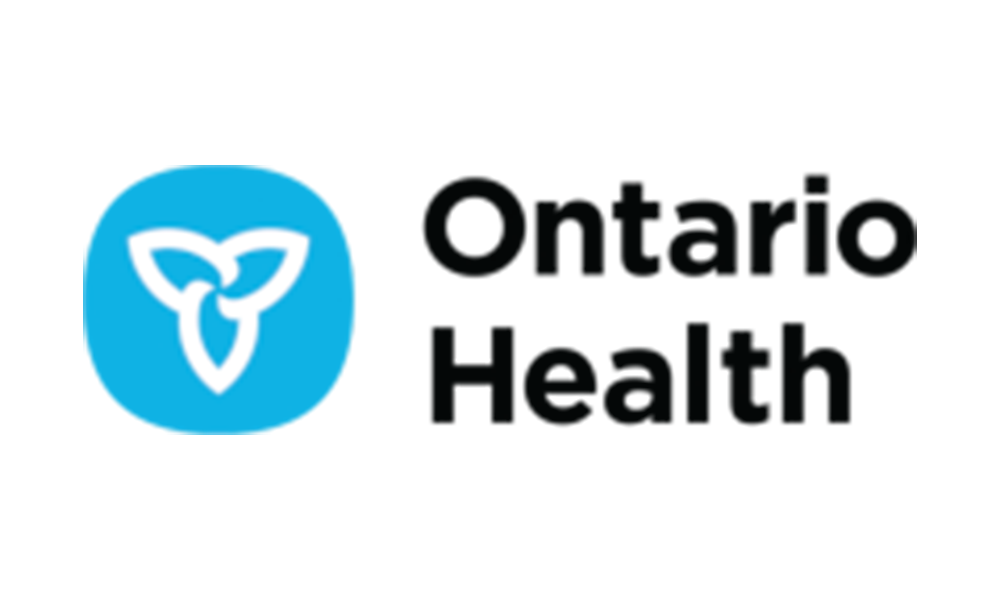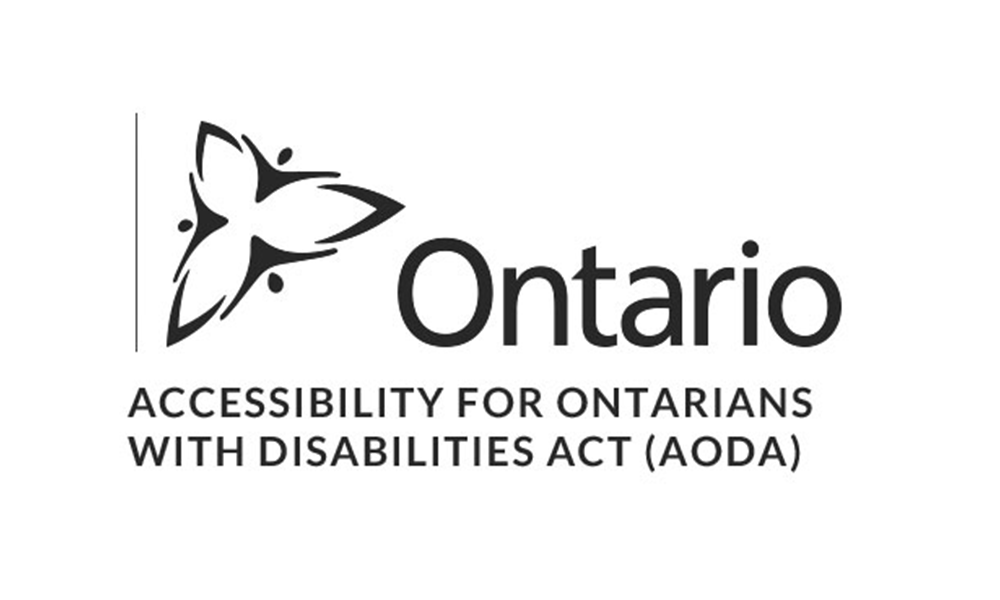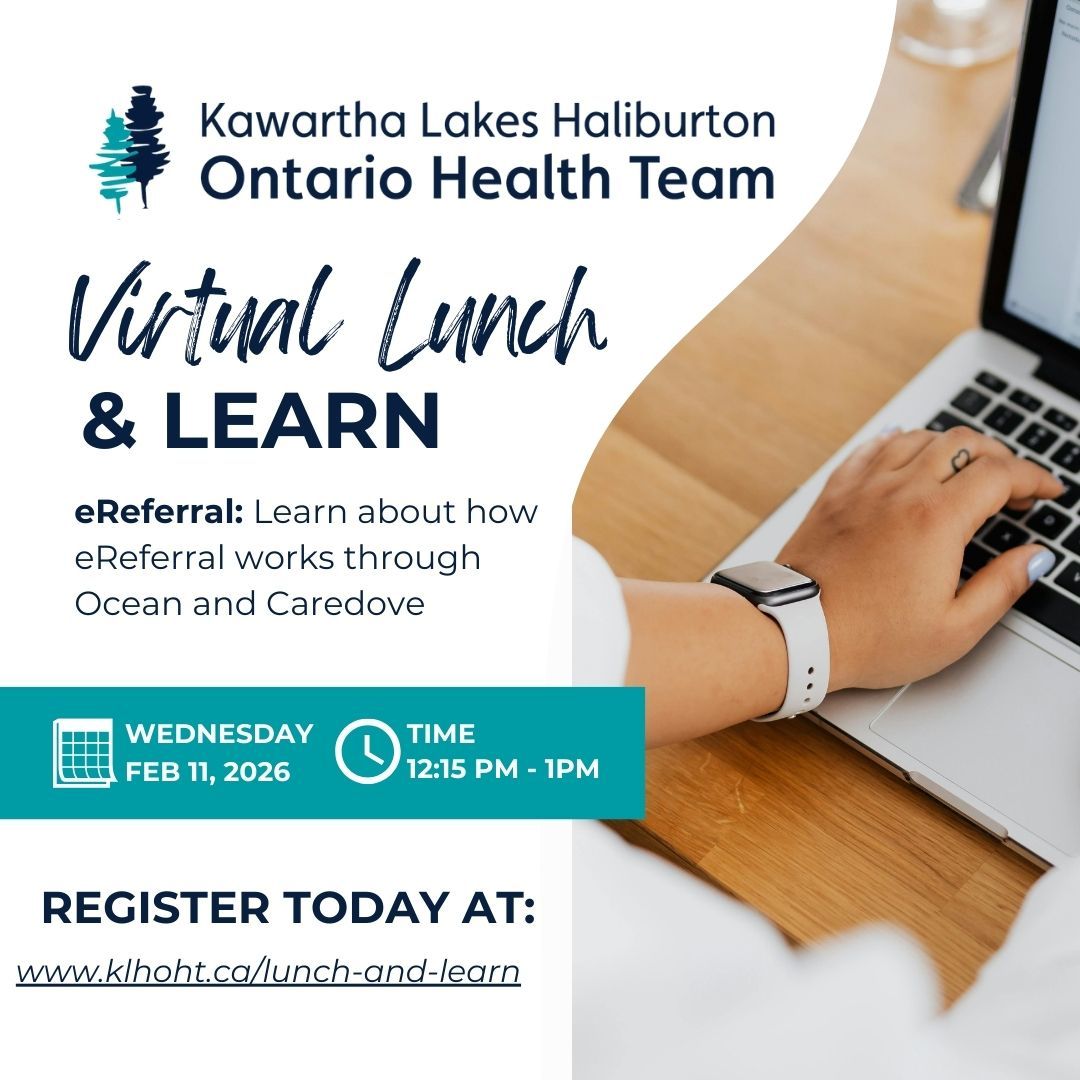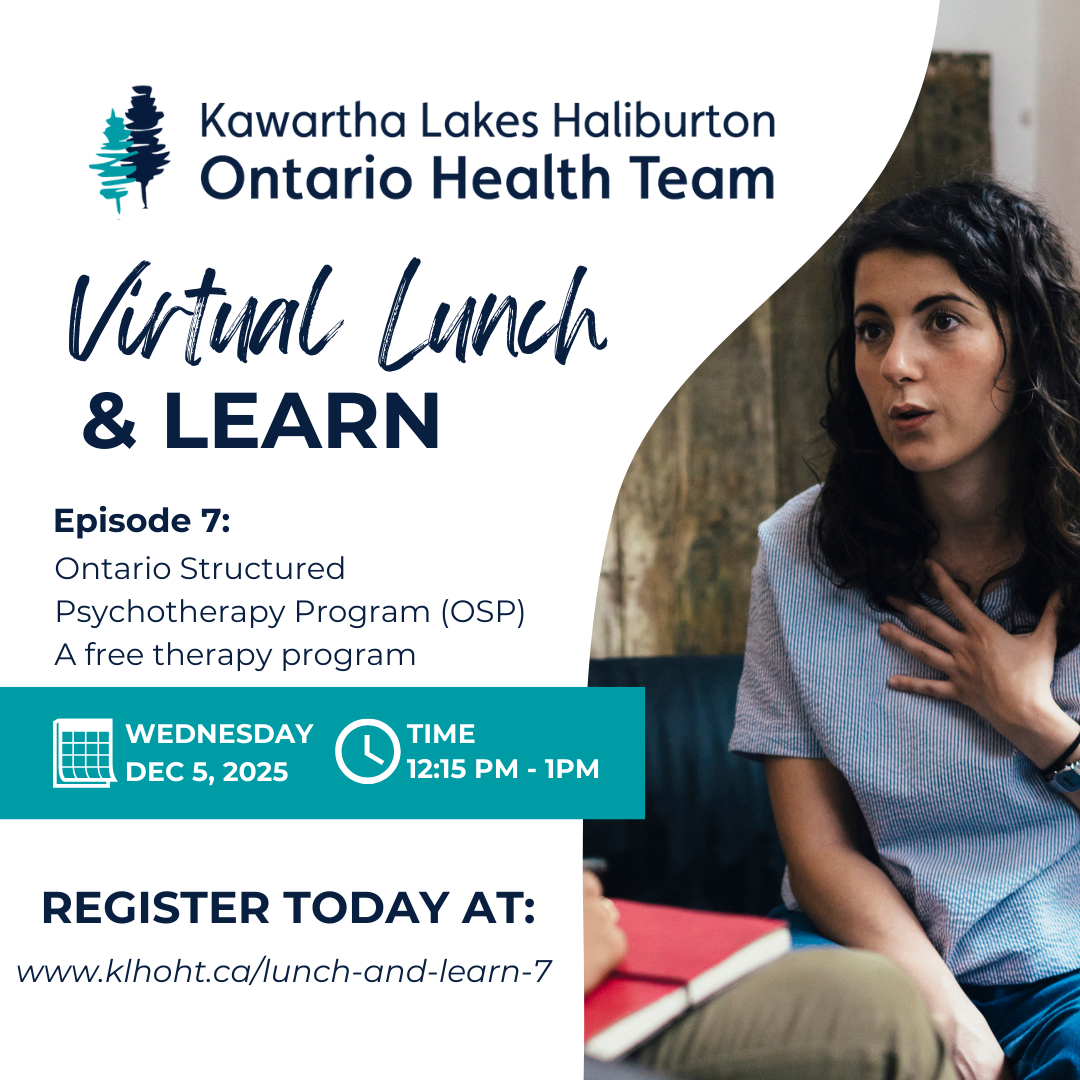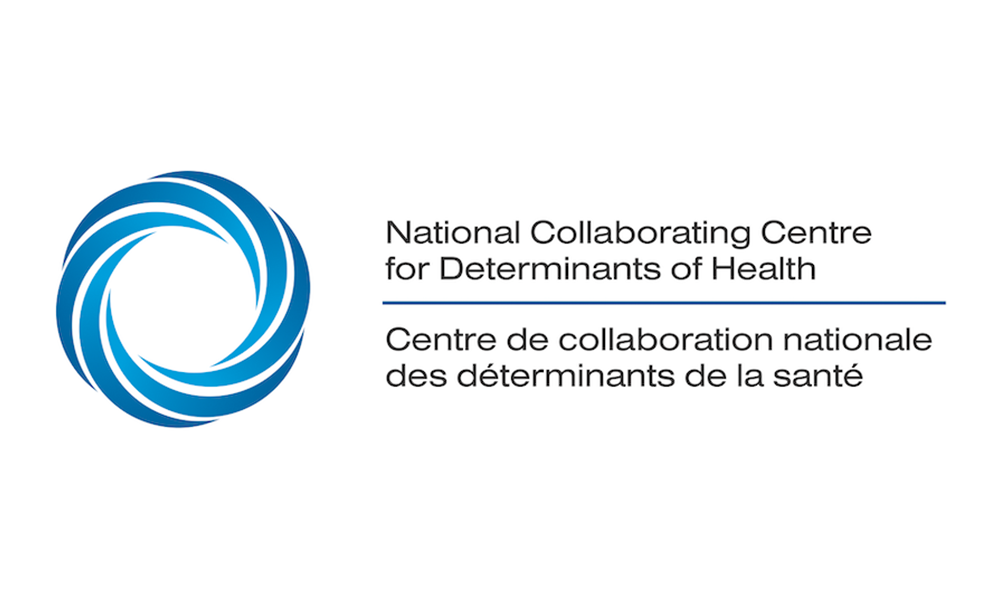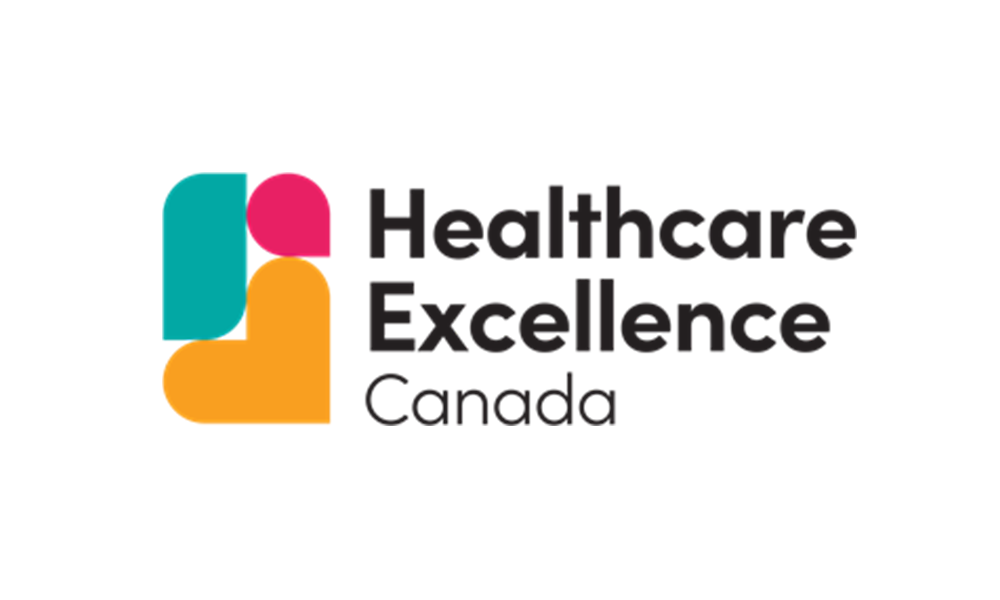Virtual Wellness Connection Update
We recently welcomed Chrystal Simpson as our new Virtual Care Program Lead. She has been hard at work expanding the program and engaging with existing clients. To date, the program has assisted over 40 people in enhancing their health and social connections with technology and internet support. Some of those clients were also assisted to register for their COVID-19 vaccines and arrange transportation to the clinic.
One client of the program, Margaret*, wanted to share her experience of the Virtual Wellness Connection and how it has helped her in many areas of her life.
“As a senior living alone with all of my family and friends at a great distance, I found the isolation and loneliness caused by the pandemic difficult. Then I reached out and connected with the Kawartha Lakes Ontario Health Team.
They provided me with an iPad and tech help, plus an ongoing support person who checks in on me monthly, but who is always on standby support should I need her. This unique, portable device has allowed me to rebuild my social network, to read books from the library, to have face to face group chats with my friends who live overseas, to attend and participate in craft workshops, to do seniors chair exercise classes or the physiotherapy exercises I’ve been given, to meet with my physiotherapist online, to practice mindfulness and so much more. Plus, I have been given the chance to attend web seminars regarding seniors’ issues/concerns such as falls prevention, diet and nutrition, exercise, personal safety, COVID information and the local community services available to seniors. I also connected with loved ones and travelled the world virtually while maintaining isolation and social distancing.
One huge smile moment this past year was a Zoom call with my grandchildren to meet their brand-new puppy.
I feel I’ve been very lucky to be given the opportunity to enhance my well-being through this seniors’ program.”
If you’d like to learn more about the Virtual Wellness Connection please reach out to Chrystal Simpson by email at csimpson@rmh.org or by telephone at
705-701-9608.There are so many good reasons to communicate with site visitors. Tell them about sales and new products or update them with tips and information.
Share this Post
More News

